Results
-
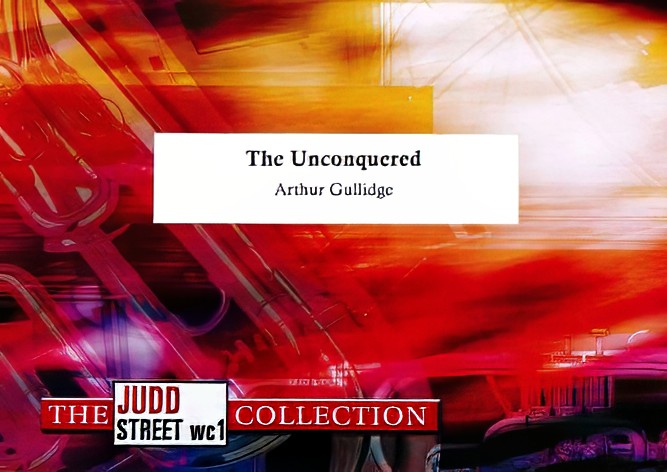 £24.95
£24.95Unconquered (Brass Band - Score & Parts) - Gullidge, Arthur
Those familiar with the composer's compositions will know that his style of march writing was quite individualistic, being characterised by a rather aggressive and syncopated first part, generally in the minor mode, contrasting with a broad legato melody at the trio. Unconquered is no exception to this pattern and it is felt that it will prove useful for both festival and processional use.
Estimated dispatch 7-14 working days
-
£34.95
Departed Heroes (Brass Band - Score and Parts) - Coles, Bramwell
The ominous silences heard in Departed Heroes at dramatic moments and the falling chromatic sequences laced throughout give this stirring march a sad tint, most appropriate in this salute to Salvation Army warriors of the past.
Estimated dispatch 7-14 working days
-
£17.50
Departed Heroes (Brass Band - Score only) - Coles, Bramwell
The ominous silences heard in Departed Heroes at dramatic moments and the falling chromatic sequences laced throughout give this stirring march a sad tint, most appropriate in this salute to Salvation Army warriors of the past.
Estimated dispatch 7-14 working days
-
£29.95
Christmas Joy (Brass Band - Score and Parts) - Leidzen, Erik
A 'classic' Christmas march, played by bands the world over. If your band doesn't play it, you should be asking why not! A cleverly worked 'romp' through the Christmas tunes 'Hark the glad sound', 'Jingle Bells' and 'Wassail song'. Very accessible and great fun to play in a group of any size.
Estimated dispatch 7-14 working days
-
£14.95
Christmas Joy (Brass Band - Score only) - Leidzen, Erik
A 'classic' Christmas march, played by bands the world over. If your band doesn't play it, you should be asking why not! A cleverly worked 'romp' through the Christmas tunes 'Hark the glad sound', 'Jingle Bells' and 'Wassail song'. Very accessible and great fun to play in a group of any size.
Estimated dispatch 7-14 working days
-
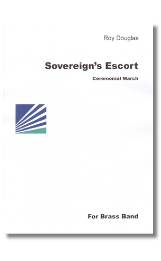 £39.95
£39.95Sovereign's Escort (Score and Parts) - Roy Douglas
Roy Douglas was not only assistant to Ralph Vaughan Williams, Noel Coward, and a host of others, but a composer in his own right. This short ceremonial march for brass band bears all the hallmarks of the best of the English composers. Duration: 3:45
Estimated dispatch 7-9 working days
-
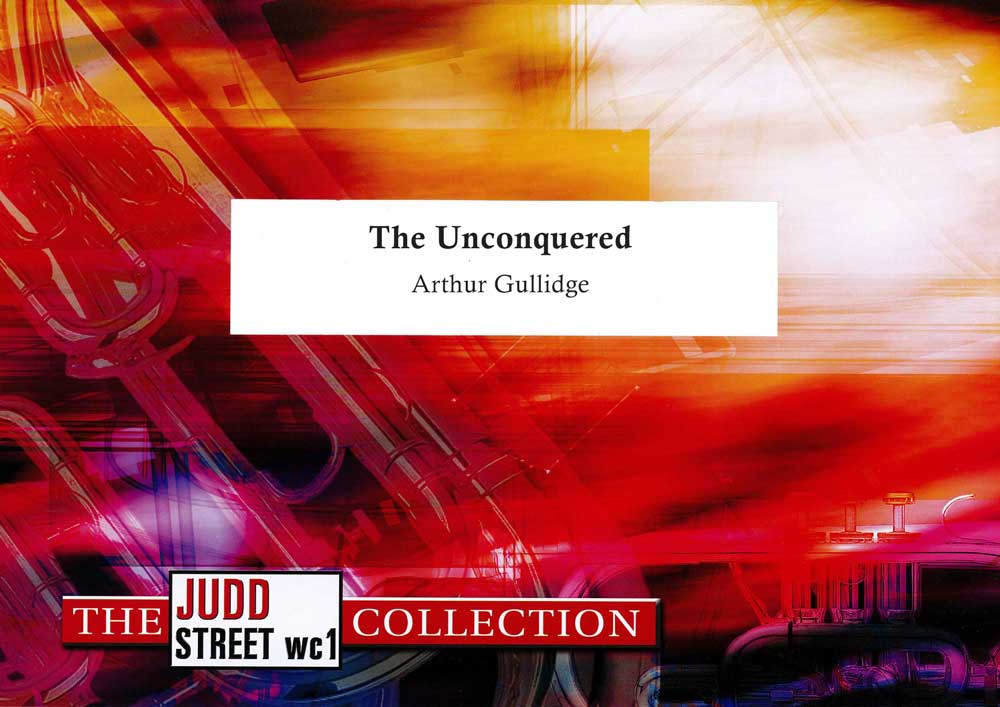 £24.95
£24.95Judd: Unconquered
Those familiar with the composers compositions will know that his style of march writing was quite individualistic, being characterised by a rather aggressive and syncopated first part, generally in the minor mode, contrasting with a broad legato melody at the trio. Unconquered is no exception to this pattern and it is felt that it will prove useful for both festival and processional use.
Estimated dispatch 7-14 working days
-
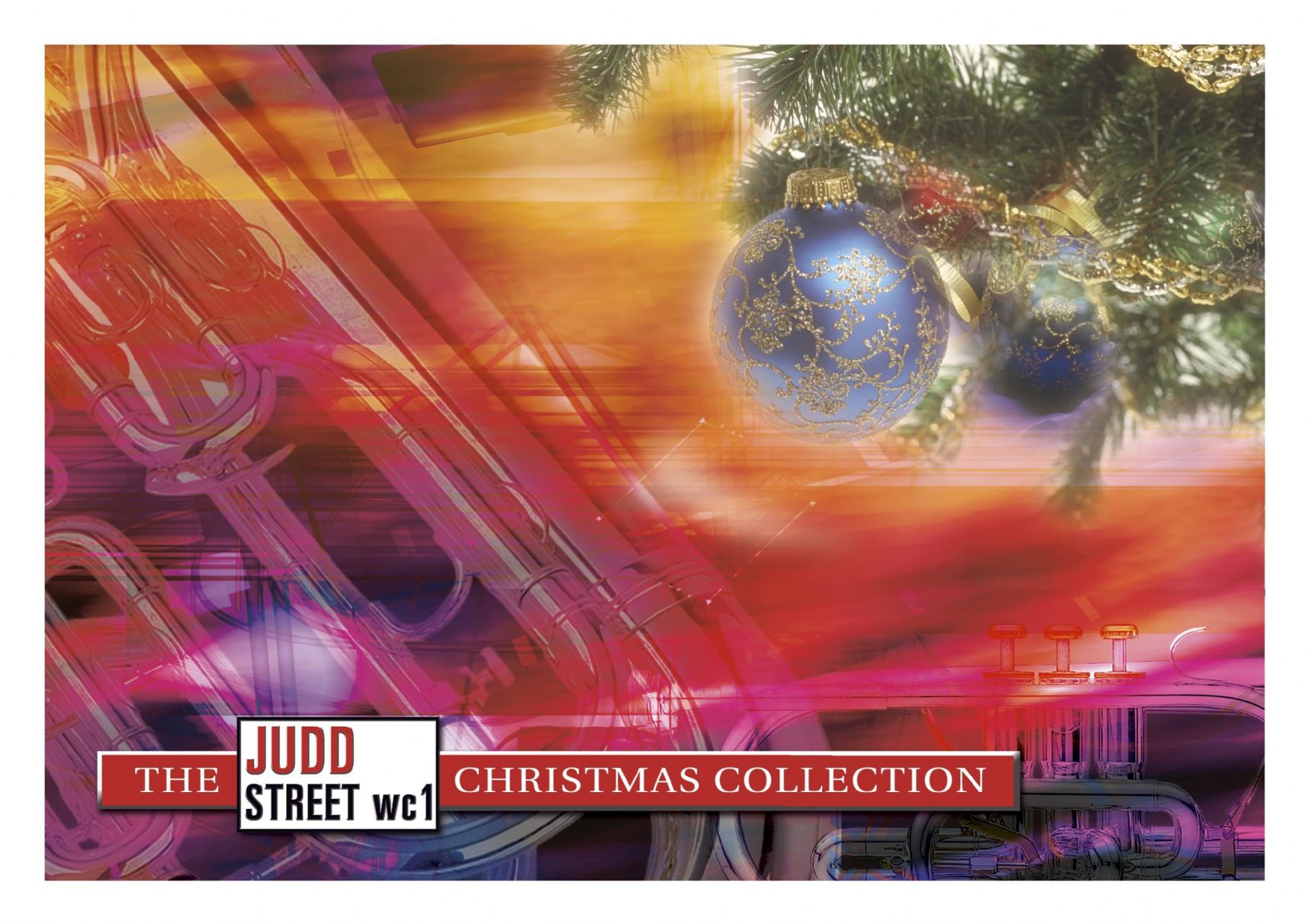 £29.95
£29.95Judd: Christmas Joy
A 'classic' Christmas march, played by bands the world over. If your band doesn't play it, you should be asking why not! A cleverly worked 'romp' through the Christmas tunes 'Hark the glad sound', 'Jingle Bells' and 'Wassail song'. Very accessible and great fun to play in a group of any size.
Estimated dispatch 7-14 working days
-
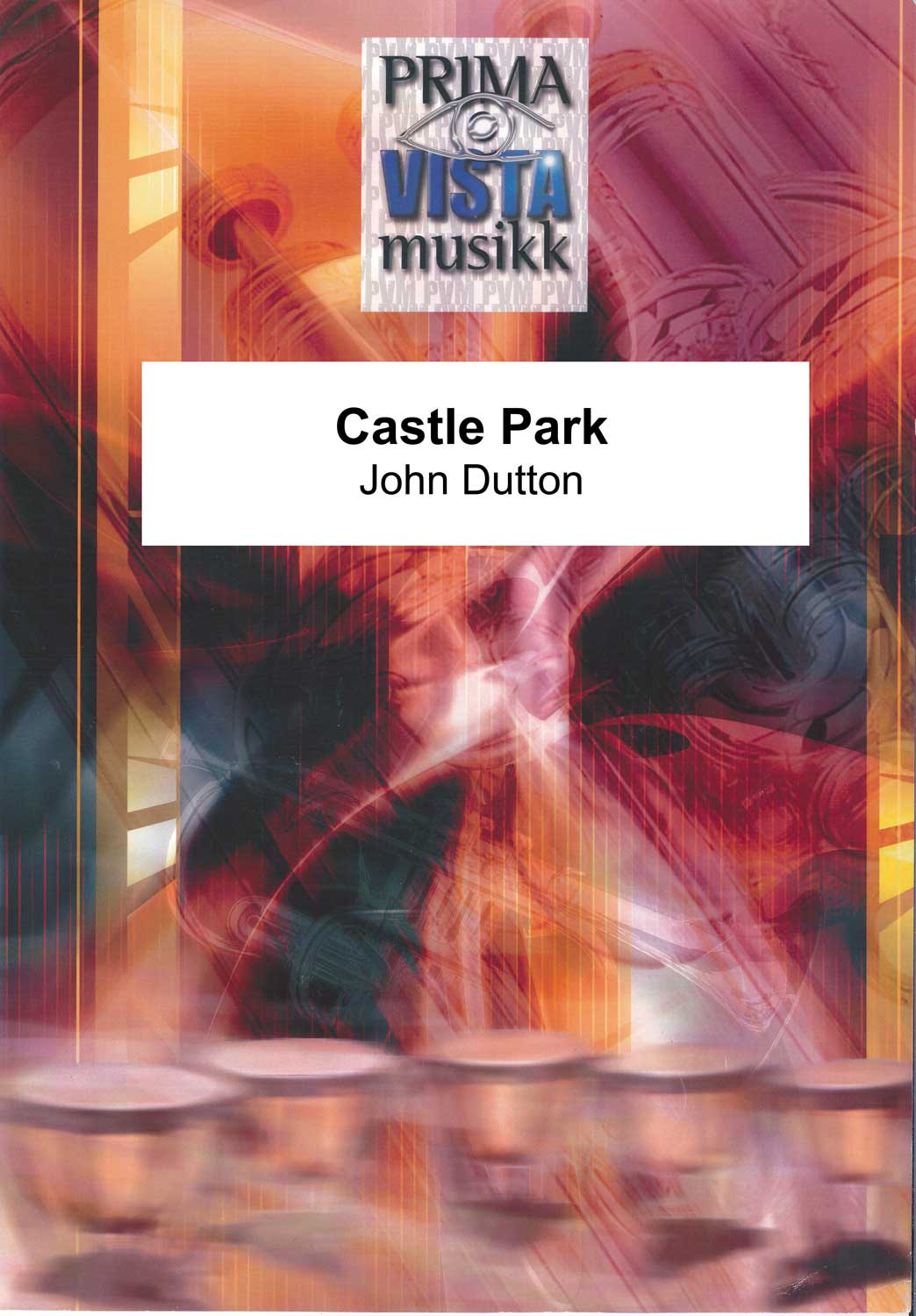 £24.95
£24.95Castle Park (Score and Parts)
The title of this march, Castle Park, refers to Castle Park in Ruthin, Denbighshire, where the composer first heard live brass bands when they played at the annual flower show in the late 1940s.
Estimated dispatch 7-14 working days
-
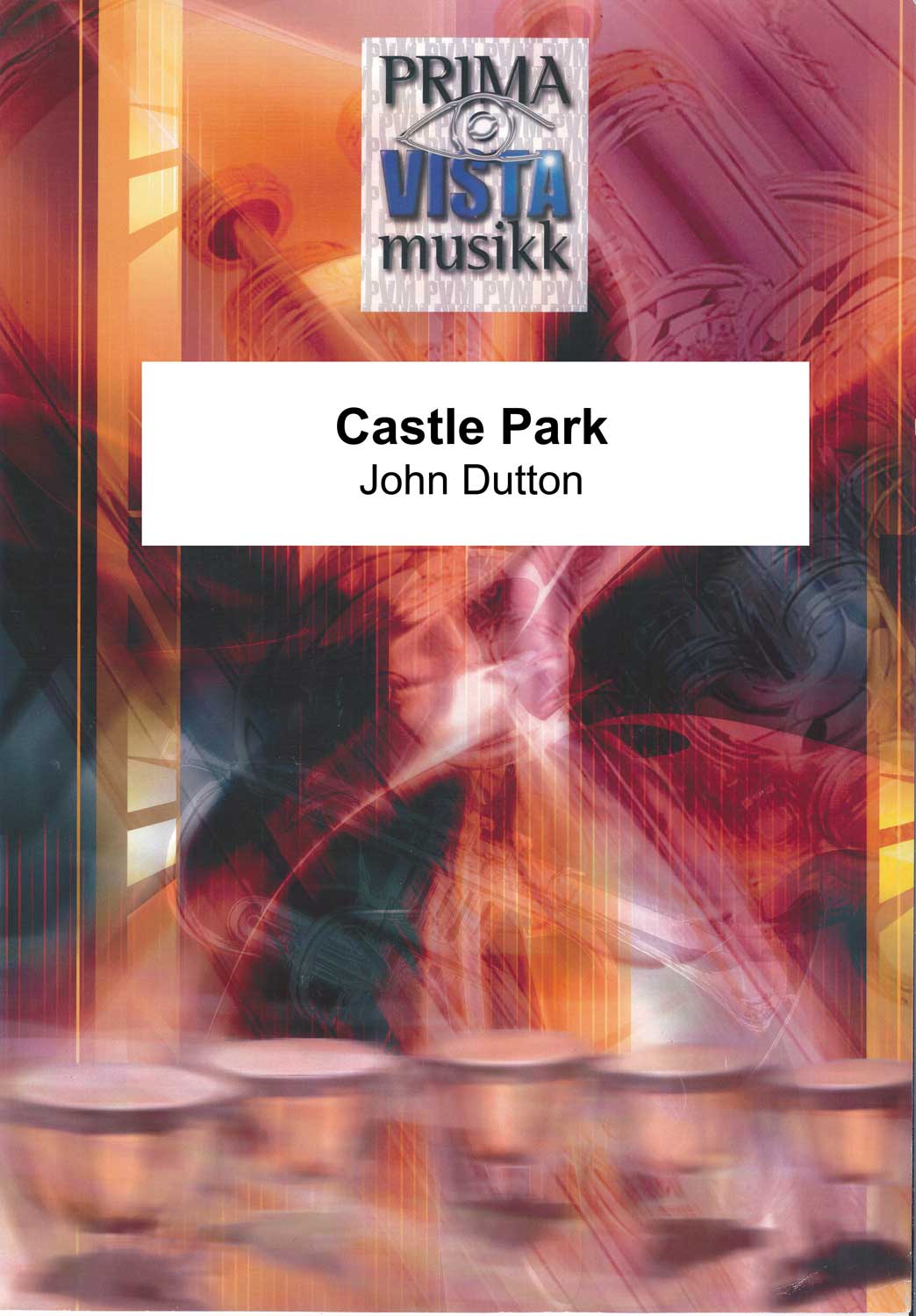 £14.95
£14.95Castle Park (Score Only)
The title of this march, Castle Park, refers to Castle Park in Ruthin, Denbighshire, where the composer first heard live brass bands when they played at the annual flower show in the late 1940s.
Estimated dispatch 7-14 working days
